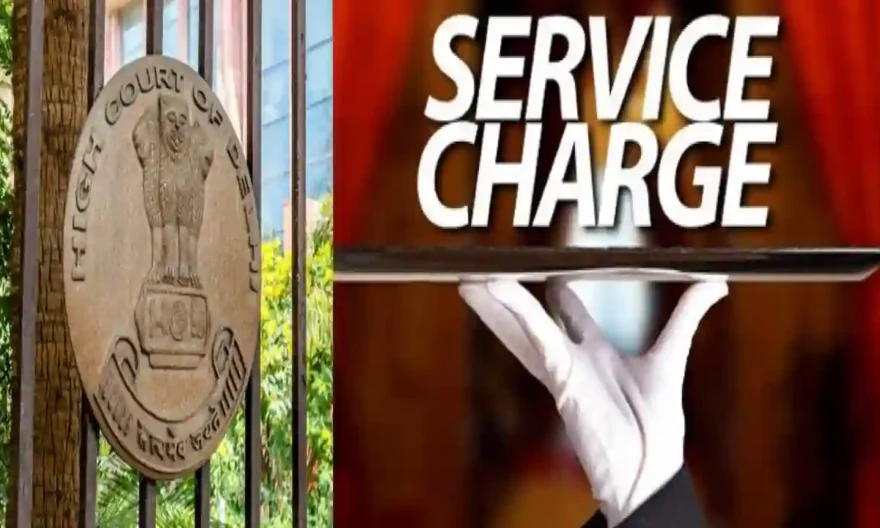
The Delhi High Court stated on Wednesday that its interim order staying the Central Consumer Protection Authority’s (CCPA) guidelines prohibiting hotels and restaurants from levying service charges “automatically or by default” on bills shall not be displayed on menu cards or display boards in such a way that consumers believe the service charge has been approved by the court.
Justice Prathiba M Singh was hearing the petitions filed by the Federation of Hotels and Restaurant Associations of India and the National Restaurant Association of India, both of which challenged the CCPA’s standards.
“It is clarified that the interim order shall not be displayed on the display board or menu card in such a way that the consumer is misled into believing that the service charge has been approved by this court, the Court stated.
In July of last year, a co-ordinate bench stayed the guidelines while stating that the service charge and the customer’s need to pay it must be “duly and prominently displayed on the menu or other places.”
According to Additional Solicitor General Chetan Sharma, numerous establishments are “misinterpreting the interim order” by using it to legitimize the charging of the service charge.
Both Associations were ordered by Justice Singh to file an affidavit detailing the percentage of their members who impose the service charge as a mandatory condition on food bills.
The court also stated that the response must state whether the members will object if the term “service charge” is changed to another term such as “staff welfare fund, staff welfare contribution, or staff charges” to avoid consumer confusion that the charge is being levied by the government.
“The affidavit shall also indicate the percentage of members who are willing to inform the consumers that the service charge is not mandatory and that they can contribute voluntarily,” the court stated while scheduling a hearing on July 24.
The court also ordered the Associations to produce a detailed list of all members who support the petitions, within two weeks.
“For a long time, most of us believed that the service charge was levied by the government. That is where the issue arises, because individuals mistake service charge for a service tax. A consumer is unaware of the distinction between service tax, GST, and other taxes because they believe they are levied by the government. I’ve met a lot of people who believe that,” Justice Singh stated during the hearing.
Previously, the CCPA defended its guidelines by claiming that mandatory service charge levied by hotels and restaurants is “directly in the teeth of consumer rights,” as well as provisions under the Consumer Protection Act on unfair contract, unfair trade practices, and restrictive trade practices.
The authority further stated that by paying such a service charge, a customer is not purchasing a distinct commodity or receiving a distinct service from the restaurant or hotel.




